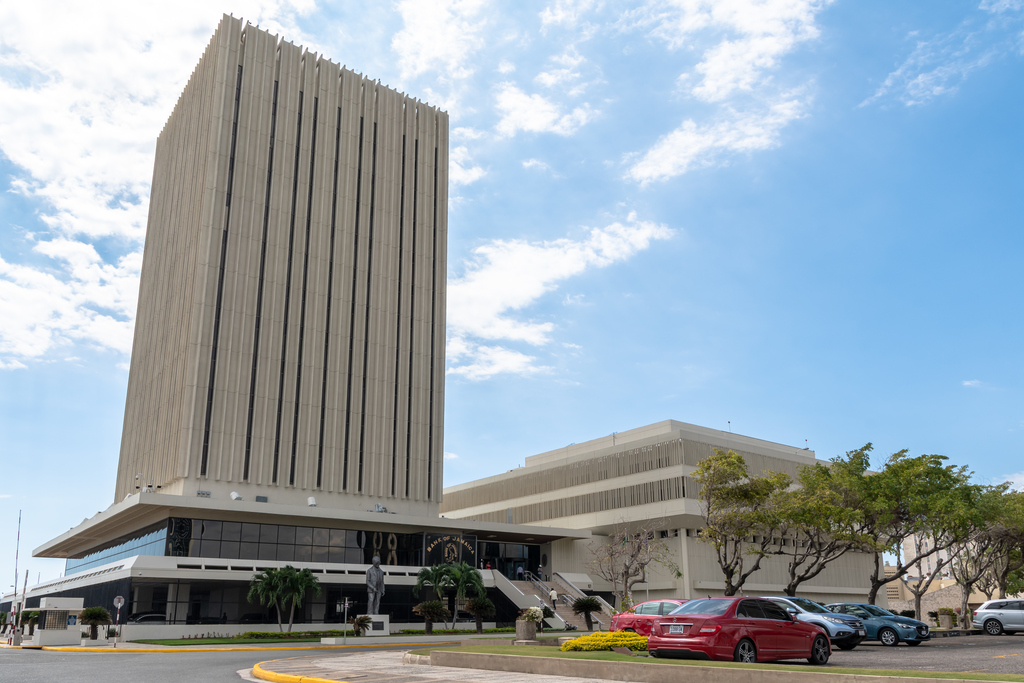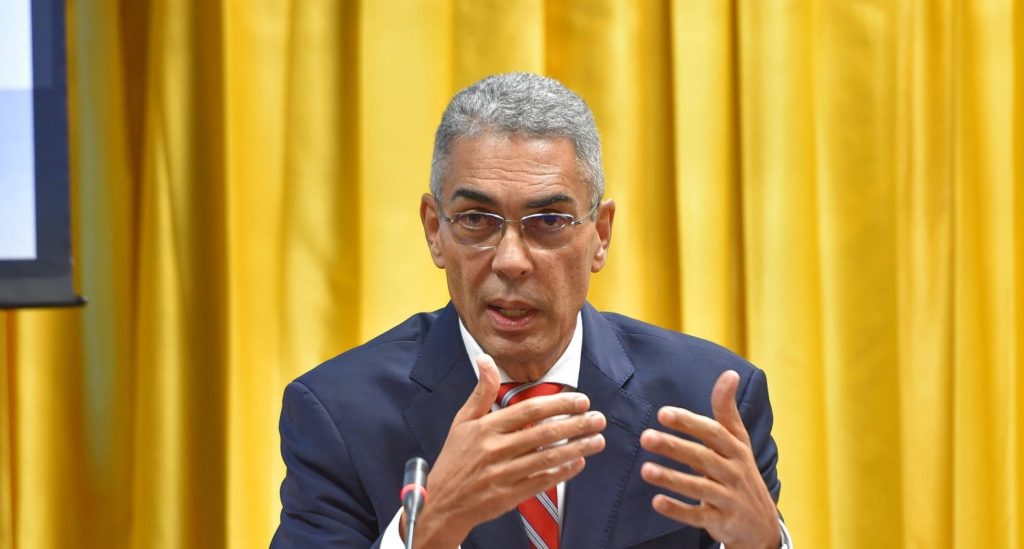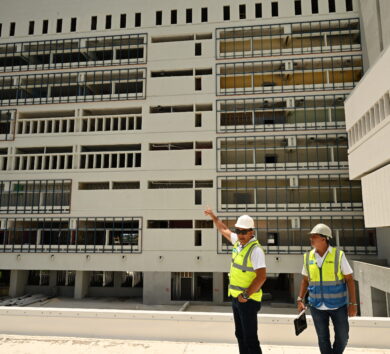

The increase in inflation and its impact on many Jamaicans’ daily lives is a cause for concern, the Bank of Jamaica said during its Monetary Policy Committee (MPC ) virtual press briefing held this morning (November 19).
Earlier this week it was announced that the inflation rate for the 12 months leading up to October 2021 was 8.5 per cent, representing the third successive month that inflation rose above the BOJ’s target rate.
Speaking at the MPC briefing, Governor of the Bank of Jamaica Richard Byles said there are a number of positive signals for the economy, namely, the easing of curfews and restrictions, buoyant inflows into the foreign exchange market, strong reserves, rising employment levels.
“This measured approach to monetary policy adjustments is consistent with international best practices and is designed to ensure in the context of the recovering economy, the BOJ deploys the least possible disruptive policy adjustment to achieve its objective.”
Richard Byles, governor of the Bank of Jamaica
“The outlook for inflation, however, remains a cause for concern. Since the previous meeting of the MPC when the policy rate was increased by 100 basis points to 1.5 per cent and other supporting measures were implemented, we have seen Jamaica dollar liquidity tighten, market interest rate rise and lending rates have either increased at the margin or banks are planning to increase them.
“However, inflation expectations as measured by our surveys remain elevated and of concern,” said the BOJ Governor.
The MPC met last week and voted to increase the policy rate by 50 basis points to two per cent as of Wednesday of this week. The MPC agreed to consider further increases of the BOJ’s policy rate and to maintain or intensify the accompanying measures at subsequent policy meetings until inflation expectations are reduced and consequently the inflation outlook is solidly within the BOJ’s target range (four to six per cent).
“This measured approach to monetary policy adjustments is consistent with international best practices and is designed to ensure in the context of the recovering economy, the BOJ deploys the least possible disruptive policy adjustment to achieve its objective,” Byles added.

He emphasised that, at current levels, real interest rates remain negative and are a significant impetus to economic growth. The way the governor sees it, large increases in international commodity and shipping prices have been the principal contributor to domestic inflation.
The governor and his team have been criticised for raising the interest rate with his detractors quick to point out that both the head of the US Treasury and the Governor of the Bank of England have not gone that route.
But that’s just a matter of time because it is clear that a brake has to be placed on runaway inflation.
Byles honed in on this and again explained the rationale behind the measures taken by the BOJ and the stark difference between the US economy and the Jamaican economy as it pertains to inflation.

“The American economy has had decades of low and stable inflation which is ingrained in the American economy, its business culture and the public psyche. In Jamaica, that is not the case – it’s the opposite,” Byle said.
“Save and except for the last five to seven years, we have had a history of very high inflation which has been destabalising to growth.
“In Jamaica we have a lot to protect, much more than in the United States in the sense that our history is more one of inflation than of stability in prices. Our memories are short but we can just as quickly get back into a cycle of price increases, wages going up, to the point where things get out of control.
“It is better that the BOJ moves early trying to cut down on inflation expectations than for us to be lit and find it much harder or impossible to retrieve price stability. So, I rather be criticised for moving early than for moving late and losing the game. To point out, there are dozens of central banks across the world who have started to tighten monetary policy. Some of them are in economies that are pretty close to being developed. It is a trend and it is going to happen in the United States very shortly also.”








Comments